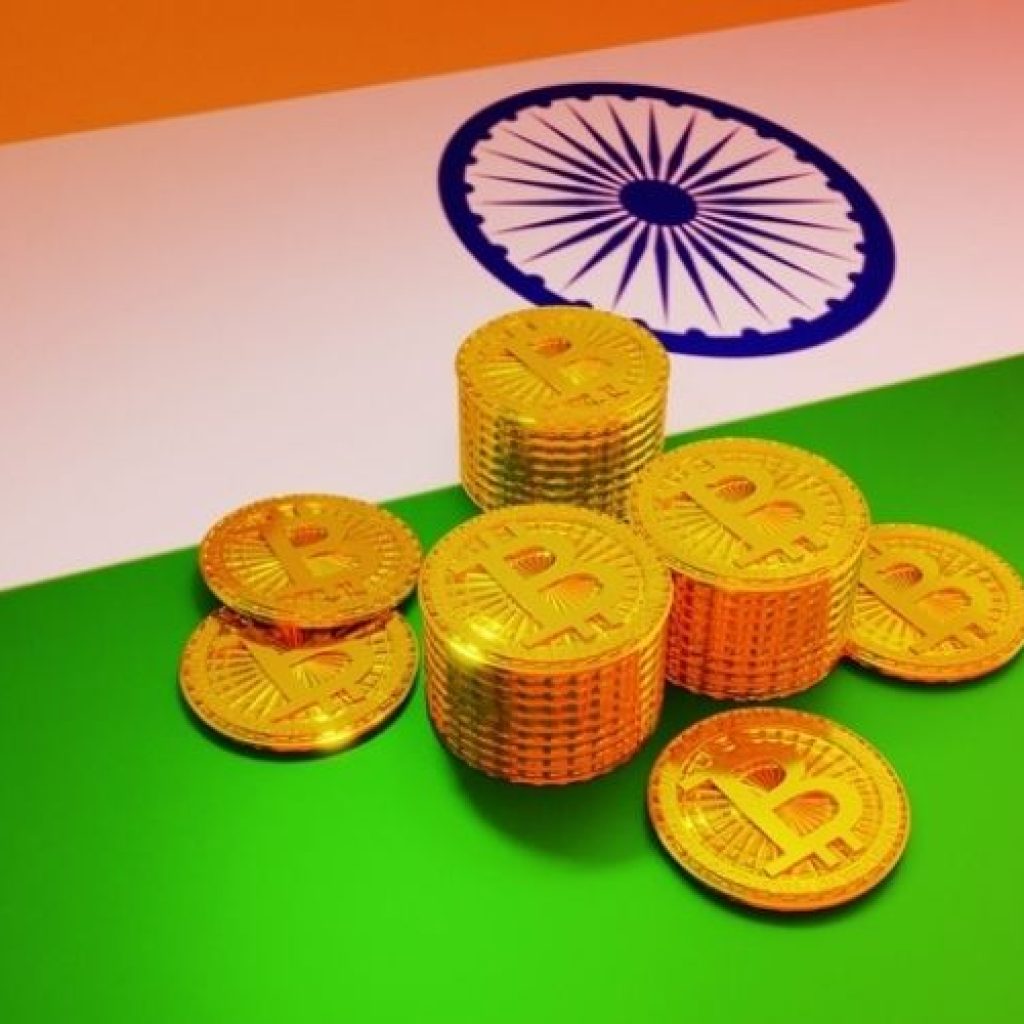An emblematic partnership has surfaced in the global banking sector. The Asian Infrastructure Investment Bank (AIIB), often considered China’s alternative to the World Bank, has initiated a high-stakes collaboration.
This monumental alliance comes amidst accusations that China’s Communist party has been manipulating the bank from behind the scenes.
A significant accord for AIIB
The governing body of the AIIB greenlit a plan to allocate $1 billion in credit assurances against sovereign-supported loans administered by the International Bank for Reconstruction and Development, the lending branch of the World Bank.
This synergy is set to deliver an effective solution to the financial challenges multilateral development banks face in mobilizing finance, a topic under the lens of a G20 working group.
This agreement not only empowers the World Bank to transcend financial restrictions and facilitate new lending but also allows the AIIB to channel its excess capital to a more diverse set of debtors.
Established in 2015, the AIIB has yet to utilize a significant portion of its capital base. With committed financing of roughly $37 billion, the bank possesses extensive untapped lending capacity.
Collaboration for global challenges
The AIIB, through its Vice President for Policy and Strategy, Danny Alexander, has indicated that this partnership aligns with a broader international endeavor to amass financing for global climate challenges.
In essence, by augmenting cooperation and amplifying the resources of multilateral development banks, it opens up the potential for increased action on climate-related issues.
The controversy surrounding the AIIB took a different turn when Bob Pickard, the bank’s former Canadian head of communications, abruptly resigned, alleging the Communist party’s clandestine influence over the bank.
Despite this claim, an internal review by the AIIB reiterated its adherence to top-notch multilateral governance standards and debunked any allegations of undue influence over the board’s decisions.
Rising above geopolitical challenges
Both the AIIB and the World Bank stand to gain significantly from this partnership. The bank is expected to diversify its portfolio and boost lending to low-income borrowers. Conversely, the World Bank will secure relief against capital constraints, which, in turn, allows it to issue new loans.
This partnership is particularly significant considering the AIIB was conceived as a Chinese-led alternative to the World Bank and other Western-led multilateral organizations. The bank boasts 106 members, including India, the UK, France, Australia, Canada, and South Korea.
However, the US and Japan have abstained from joining. China holds a commanding 26.6% voting stake in the bank, granting it veto power over critical decisions.
The AIIB has forged cooperative agreements with the World Bank since its inception, co-financing multiple projects. Moreover, the bank enjoys a triple A rating, a crucial trait for multilateral banks as it permits them to borrow at lower costs and extend loans at reduced rates to low-income nations.
Regardless of the allegations and the ensuing geopolitical tensions between China, the US, and their allies, this partnership signifies a crucial stride in international banking.
AIIB’s recent internal review underlines its robust governance structure, built on lessons gleaned from other multilateral development banks, and upholds the bank’s reputation in the face of adversity.
This cooperative venture highlights the growing influence of the AIIB on the world stage and marks a turning point in the annals of global banking.





